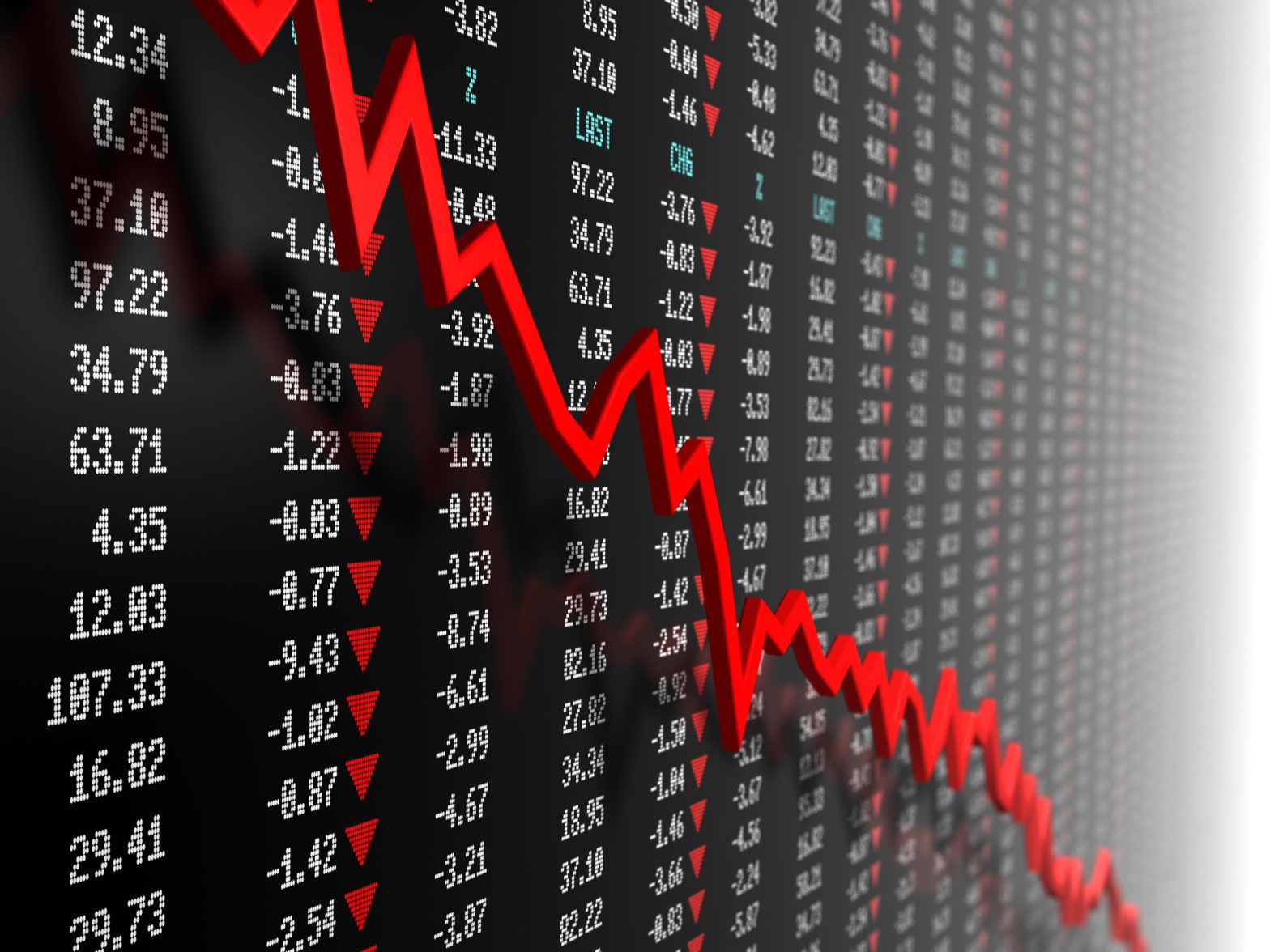The first quarter of 2020 was shaken by the most volatile market movements that have ever been seen, according to Morningstar.
So how did equity, fixed income and multi-asset strategies fare?
Multi-asset review
The performance of ‘cautious allocation’ funds was particularly weak, whereas conservative funds fared better, the data and research provider found.
Most Morningstar funds categorised as ‘cautious allocation’ are invested in government or corporate bonds or cash instruments, the firm said in its multi-asset strategies review published on 9 April.
Within each category, funds with a more conservative stance, eg more government bonds, defensive stocks etc, performed better than peers with a riskier portfolio, a spokesperson at Morningstar told Expert Investor.
Matias Möttölä, associate director for multi-asset and alternatives at Morningstar, commented: “With most markets in the red for the quarter, most investors in allocation funds were left stunned over their funds’ performance, with category average returns in our EUR, GBP, and USD allocation categories ranging between negative 6% and negative 21%.”
Historically speaking, return differences within cautious categories were especially large, whereas within flexible categories, the dispersion “proved again that selection matters a lot within this space”, the report noted.
The extraordinary demand shock caused by the global lockdown, in both developed and developing economies, was compounded by the oil price collapse on 9 March.
Morningstar observed that developed market stocks fell by 20% in euro terms in the first quarter while risky bonds, and to some extent sovereign bonds, struggled extensively too (see chart below).

As US treasuries outperformed euro government bonds and UK gilts, US exposure allowed some funds to come out of the period with a positive return, Morningstar said.
The MFS Meridian Prudent Capital and MFS Meridian Prudent Wealth funds, which are highly quality-oriented, managed to come out of the first quarter with a small positive return.
The multi-asset funds belong to Morningstar’s ‘moderate allocation’ category.
These funds have 35%-65% equities in the normal running of the fund in the EUR and USD categories, while the limits are 40%-60% in GBP.
“Overall, the first-quarter highlights that investors should be aware that many allocation funds may look diversified at the outset but can suffer from hidden correlations.
“In stressed times, when volatility spikes and liquidity evaporates from the market, it becomes difficult for managers to adjust portfolios efficiently and maintain a desired balance in the portfolio,” Morningstar said.
Equity review
In its equity strategy performance Q1 review, Morningstar found that the covid-19 crisis has only increased the prevailing decade-long trend of growth outperforming value.
Other findings were:
- Funds with quality bents, more low-volatility stocks, or relatively low exposure to small and mid-caps, usually handled the downturn better.
- Sector-wise, portfolios with large stakes in consumer staples, technology and healthcare stocks tended to perform better.
- Funds with high exposure to oil-related and financial-services stocks took a hit.
- The Asian region has performed relatively well, with Chinese and Japanese stocks outperforming.
- US stocks also declined less than other regions.
- European and UK equity markets underperformed.
- Emerging markets showed very mixed results, with Latin American countries and South Africa clearly lagging.
Mathieu Caquineau, associate director, cross-border equity ratings chair and equity ratings lead at Morningstar, commented: “During our recent discussions with fund managers, we haven’t seen dramatic changes in their portfolio positioning directly resulting from the crisis.
“Overall, the adjustments have been mostly gradual and selective. We see a widespread focus on financial health: companies with balance sheets strong enough to withstand a prolonged recession are in favour.”
Fund managers are also looking for opportunities emerging from the crisis.
“Several fund managers are anticipating a large wave of capital increase towards the end of 2020, with companies either looking to repair their balance sheets or raising money to make acquisitions of financially distressed companies.
“Many managers are on the lookout for opportunities created by the sell-off and the volatility in the market, but they are mindful of the high risk of buying into value traps at this point in the crisis,” Morningstar said.
Its gold-rated Comgest Growth Europe and Comgest Growth Europe ex-UK landed in the Europe large-cap growth category’s top decile while Threadneedle European Select, with a bronze rating, also showed strong resilience.
Royal London Sustainable Leaders, whose C Acc share class has a silver rating, showed good resilience thanks to its focus on sustainable businesses.
Fixed income review
In Morningstar’s Q1 fixed income review, unsurprisingly, the firm found that the bond market’s most economically sensitive sectors, such as high-yield corporate bond funds, struggled the most, posting double-digit losses.
However, investment-grade corporate bonds and dedicated emerging-markets bond funds have also been hit hard.
Looking ahead, many managers argue that the extreme valuations currently seen in investment-grade credit are an interesting buying opportunity, and they continue to believe that the majority of these companies are insulated from default, even in a sharp economic contraction, its report said.
Among bond funds that have clearly performed better than others are: HSBC GIF Euro High Yield Bond, which has a gold rating, Candriam Bonds Global High Yield, bronze rated, the Axa Global High Income fund and the Fidelity MoneyBuilder Income fund.
Morningstar highlighted that within the strong-performing USD government bond and GBP government bond categories, passive funds have clearly outshone active managers in the downturn.
“That’s easily explained by their long average duration, in line with their respective benchmarks, while most active managers had taken a more conservative stance on rates,” it said.
Mara Dobrescu, director for fixed income strategies at Morningstar, commented: “Unfortunately, some bond funds are more vulnerable than others in a liquidity crunch.
“As yields on high-quality bonds had been near historic lows for years following the global financial crisis, some fund managers were tempted to reach for yield by venturing into riskier, less liquid segments of the market.”
However, Morningstar said that it has not identified any major liquidity concerns among its medalists.







